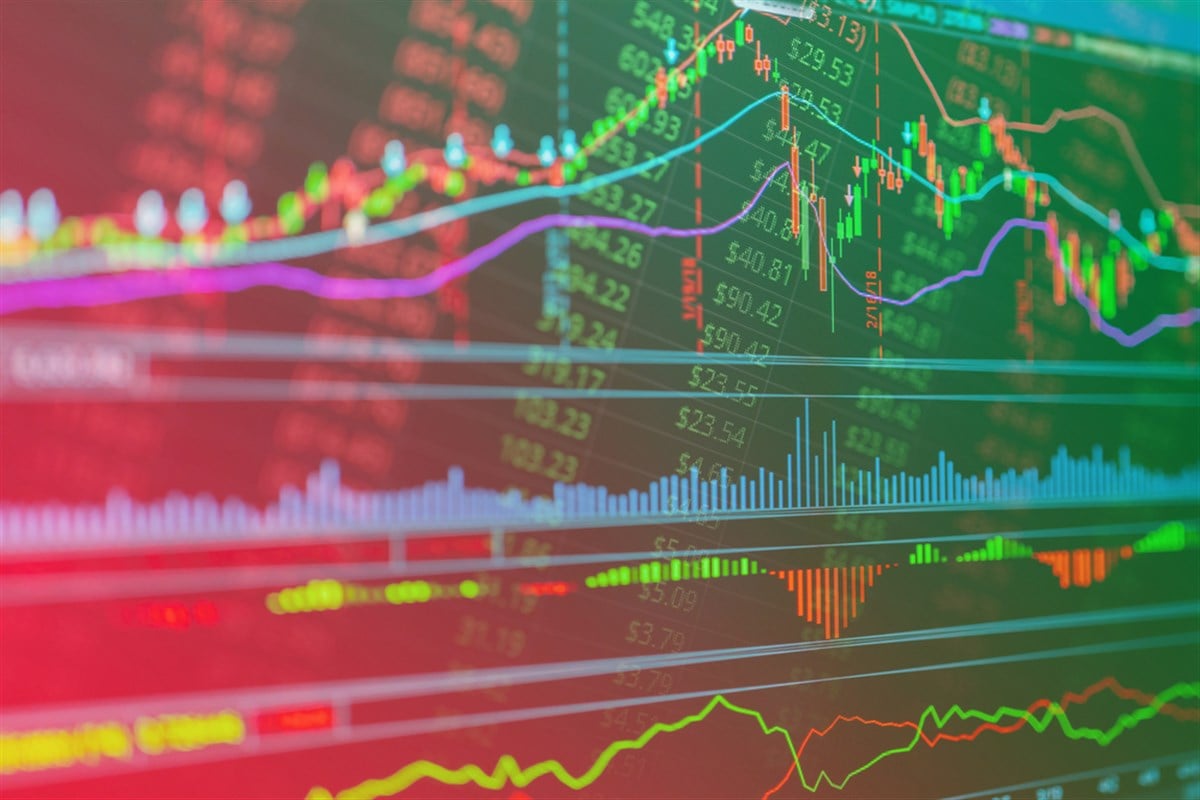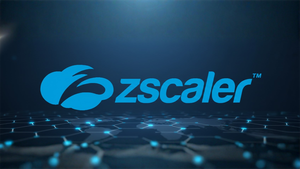
Exchange-traded funds (ETFs) offer investors the prospect of targeted, thematic portfolios and easy, hands-off management. Particularly considering that many of the most popular ETF strategies feature multiple funds from a variety of providers—and, as a result, competition for customer dollars—fees are often low. But ETFs are not without risks, including the potential for shutdown due to low assets, heightened risk posed by leveraged or inverse funds, and plain old market risk as well.
One of the essential risks of an ETF is liquidity. Liquidity for ETFs is complex and depends upon the liquidity of stocks within the fund's portfolio, their bid-ask spreads, and related factors. An important element in determining an ETF's liquidity for everyday investors is the trading volume of the fund itself. High trading volumes for an ETF often indicate strong liquidity, although this is not necessarily a guarantee.
Because of the importance of trading volume as an indicator of how easy it will be to buy and sell shares of an ETF as close as possible to market value, investors often keep an eye on average trading volumes for funds that they are considering. Unsurprisingly, some of the highest-volume funds also have popular or successful themes and investment strategies as well.
FXI: Focus on Chinese Large-Caps
iShares China Large-Cap ETF (NYSE: FXI) has a one-month average trading volume of more than 105 million shares, making it one of the most-traded ETFs currently available. This fund is a popular choice for accessing the large-cap segment of the Chinese equity market. Chinese stocks have been particularly attractive to investors since the Chinese government announced stimulus measures earlier this year, launching a rally.
On the other hand, though, FXI offers some limitations as well. With just a few dozen stocks in its basket, the fund has a highly targeted focus. This also means that a few major firms—such as major shopping platform provider Meituan (OTCMKTS: MPNGF)—have outsized positions within the portfolio. Further, with an expense ratio of 0.74%, FXI is more expensive than some alternative funds that also provide exposure to the Chinese stock landscape.
XLF: Leading Sector Fund for Trading Volume
All of the SPDR Select Sector ETFs are popular among investors looking for broad exposure to various sectors within the U.S. market, but the Financial Select Sector SPDR Fund (NYSEARCA: XLF) currently towers above the rest in terms of trading volume. The fund has a one-month average trading volume of nearly 35 million shares.
It is likely that the Federal Reserve's September interest rate cut, the first in multiple years, has spurred this increase in activity. The strong performance of the fund relative to the broader market has also helped, as XLF has outperformed the S&P 500 with a total return of more than 41% in the last year. As a non-specialized sector fund, XLF offers investors a low expense ratio and access to about 75 large-cap financial stocks from U.S. markets.
IWM: Easy Access to Riskier Small-Caps
There are multiple ETFs providing exposure to the small-cap Russell 2000 Index, and while the iShares Russell 2000 ETF (NYSEARCA: IWM) is not the cheapest of these funds, it is nonetheless one of the most traded. IWM has a one-month average trading volume of nearly 27 million shares.
Many investors may target IWM to increase their access to smaller companies as a way of balancing large-cap investments. However, the high trading volume for this fund suggests that it may also be useful as a way of gaining short-term exposure to companies often considered to be riskier than larger, well-established firms.
Liquidity Is Important, But Not Everything
An ETF's liquidity will have an impact on how easy—and expensive—it is to buy and sell shares of that fund. This is important because costlier trades can eat into returns. However, liquidity is one of many factors to consider, and it is more relevant to some investors than others. Buy-and-hold investing strategies that are common to ETFs are somewhat less impacted by liquidity due to a lower overall number of trades included within these approaches. More active investors, though, will certainly want to keep a close eye on a fund's liquidity before trading.






